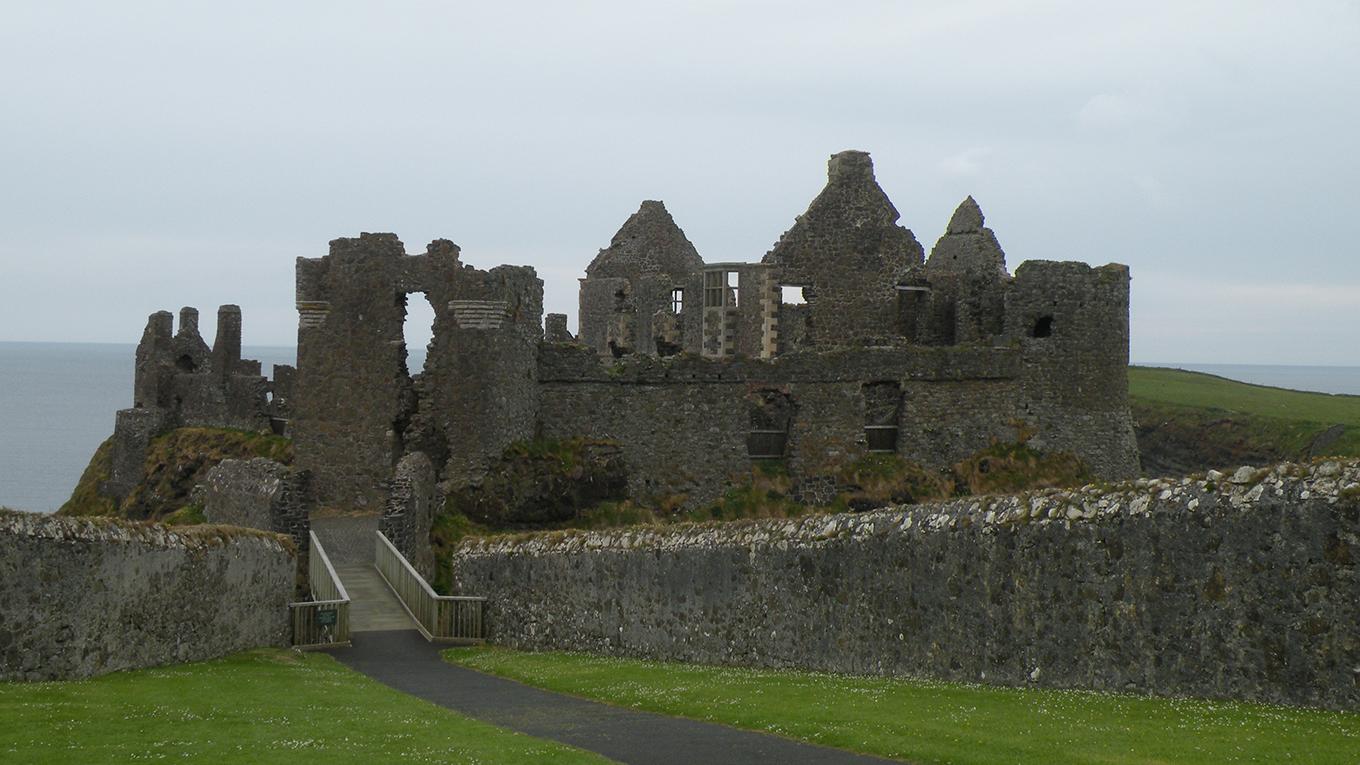Learn
This three-week program consists of one-week modules in the Law of the European Union,
International Arbitration and Dispute Resolution, and Human Rights Law totaling 5.0
(semester) hours of ABA-approved credits. In Dublin, classes meet at Trinity College, Dublin, Ireland's premier international university. In Belfast, classes meet at
the Queen's University.
Site Visits
In addition to the classroom program, a number of professional and cultural excursions
are included at no additional cost. In Belfast these include visiting the Government
Assembly at Stormont, the Ecclesiastical Capital City of Armagh, and a day-long tour
of the North Coast to see the Giant's Causeway and the Carrick-a-rede Rope Bridge.
In Dublin these include site visits to the parliament, local courts, and the Howth
Peninsula.
Eligibility
Enrollment is open to students in good standing with ABA accredited law school. Enrollment
is on a first-come, first-served basis.
Affordable Costs
The estimated program cost of $8,890 which includes tuition, airfare* ($2,000 flight
reimbursement must be paid upfront), lodging and many meals. Included are comprehensive
course materials, welcoming and closing dinners, scheduled group transportation and
admission costs to local attractions, and the cost of the Medex card (which provides
for emergency evacuation anywhere in Ireland).
Please note that incidentals are not included in the price.
* Purchase airfare on your own. If eligible, Financial Aid may be applied as reimbursement
for airfare amounts up to $2,000.
Financial Aid
Federal financial aid monies may be available for qualifying students who are enrolled
at least half-time during the summer semester.
Cancellation
Duquesne University reserves the right to cancel the program due to insufficient enrollment
or other extraordinary emergency conditions. Only in that case will the $500 application
deposit and the $1,000 pre-trip deposit be refunded.
Duquesne University will not be responsible for any personal injury, property damage
or illness encountered by participating students during the program. All students
are advised to purchase appropriate medical, accidental and travel insurance.
NOTE: Students who withdraw from the program after the application deadline will forfeit
all deposits and will also be liable for any costs exceeding the deposit amount already
incurred by Duquesne University, including, but not limited to, hotel and transportation
deposits.


